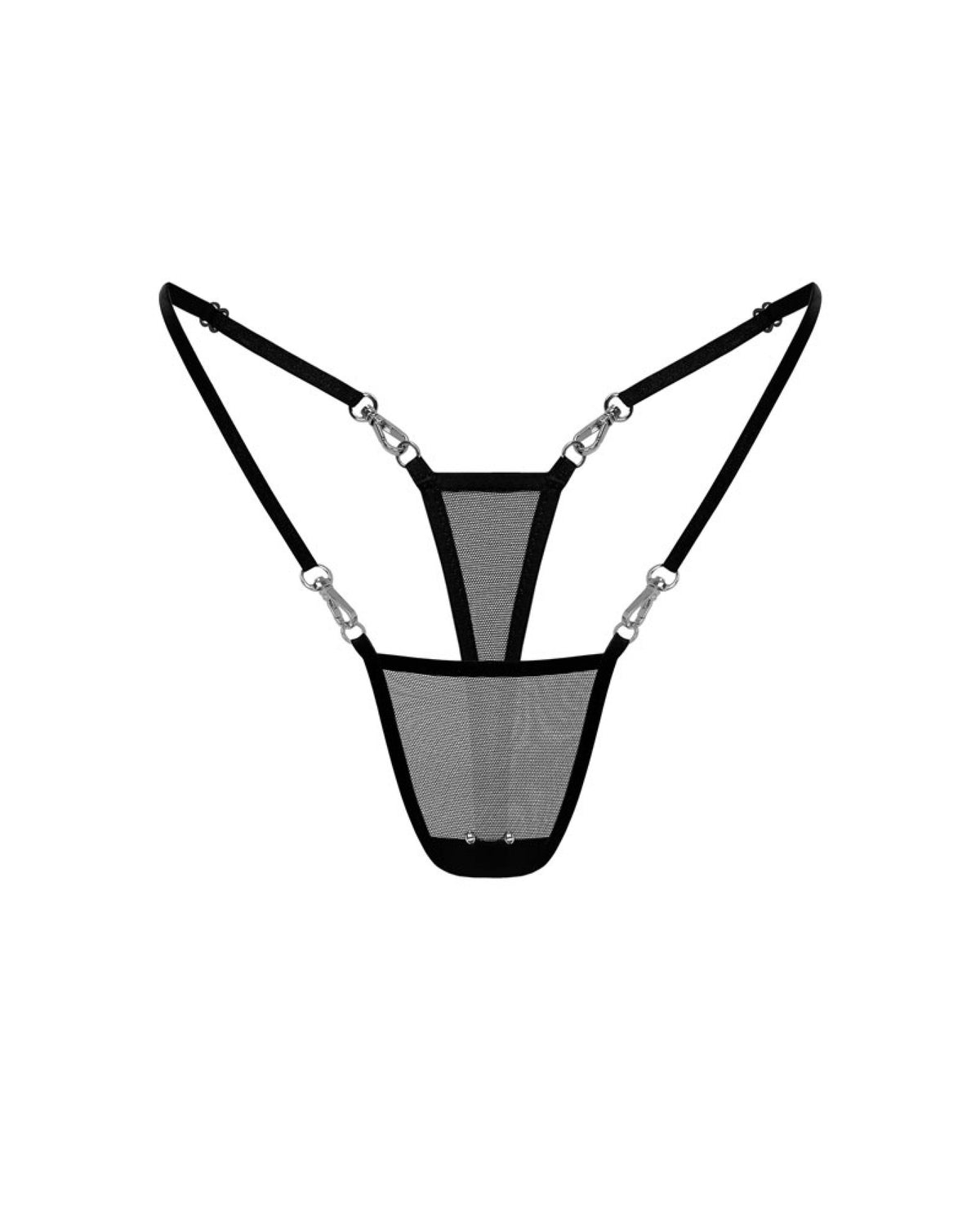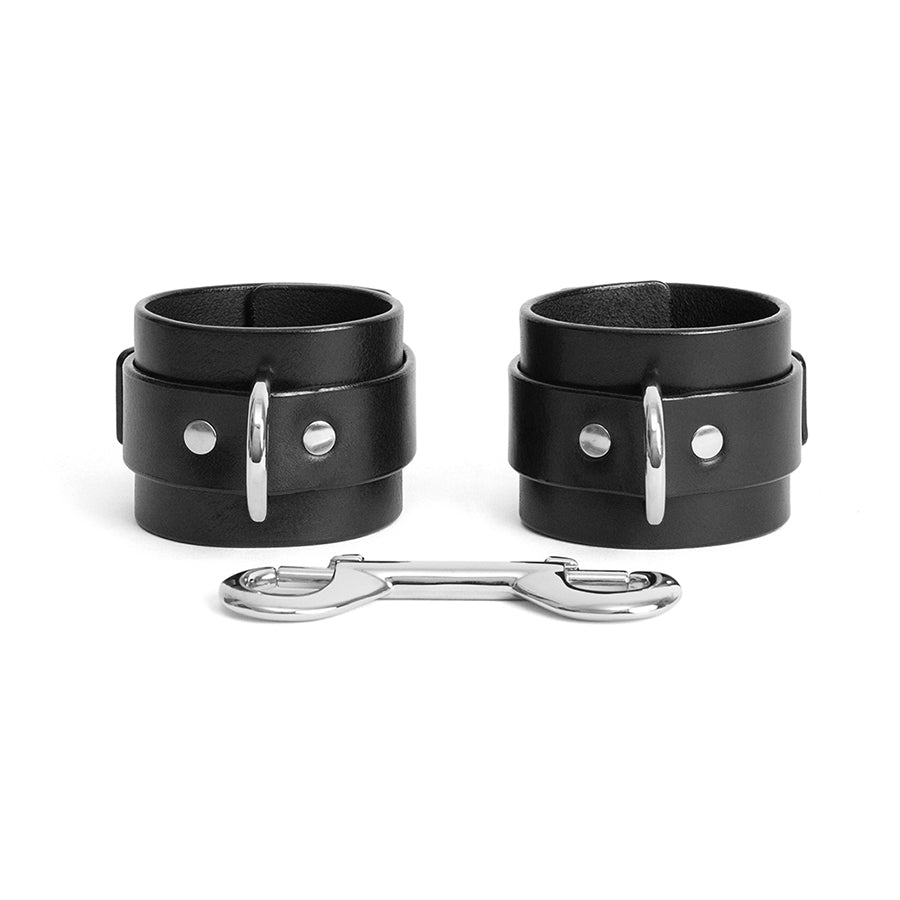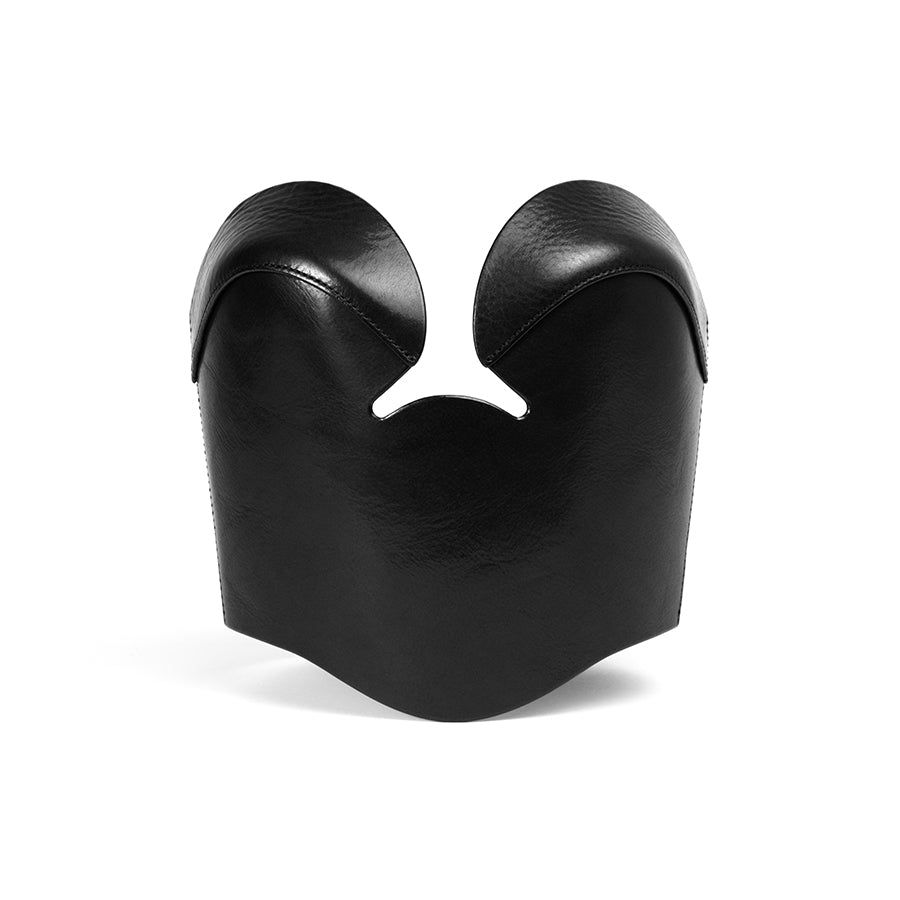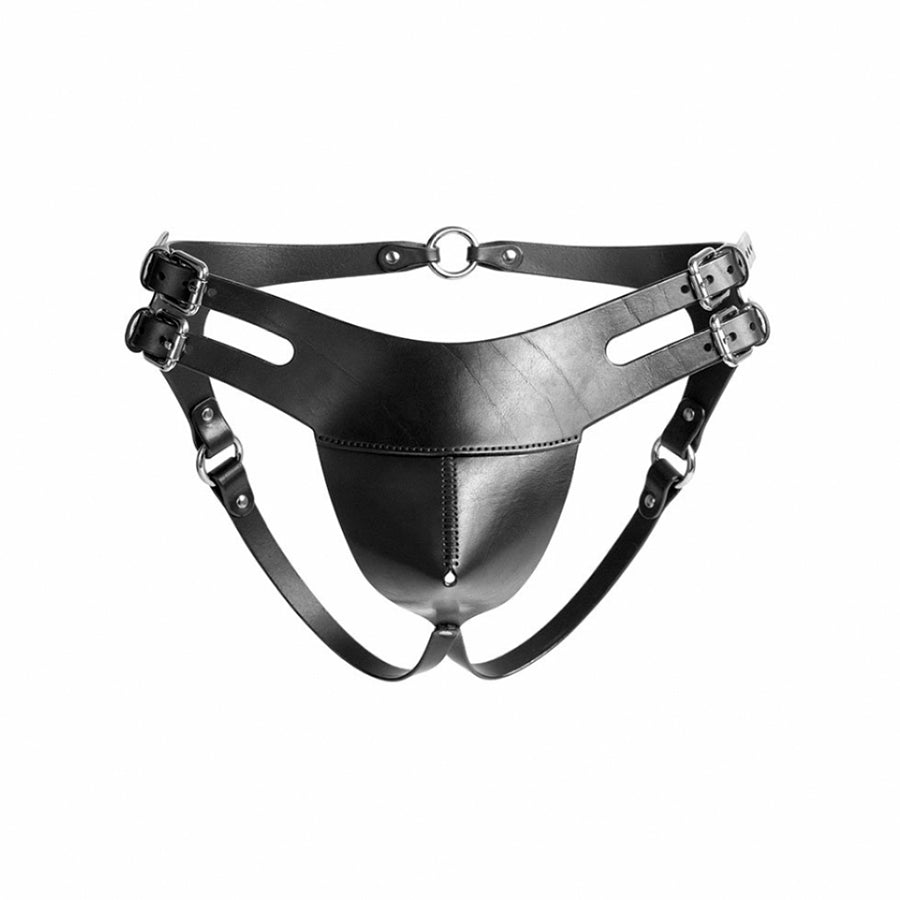
April 03, 2023
Guide to Being a Dominant
Dominant should radiate power. But if this power goes from a toxic place, like narcissism, it's not going to be enjoyable for a submissive. Because the dominant not only controls, trains, or punishes, this person also makes sure that their partner can be honest and open by building and maintaining a safe space in their BDSM relationships. Today, we will be discussing the traits that a good dominant should possess and nurture.
Trust is not a given
Relationships with an undertone of power exchange are indeed different from those you might have had before. But trust and safety are crucial for both. Because a submissive will be putting themselves in an extremely vulnerable position, and partners should get to know each other.
So here's a first rule: If a dominant doesn't ask you questions, bathe in their own "greatness", and chase only their desires - it's toxic and has nothing to do with the consensual power exchange dynamic. Good dominant will be patient and will possess a skill of active listening. They understand that trust should be mutual and will also open up and answer honestly to your questions.

Run for the hills if...
A 'dom' says that safe words have to be earned, or they can be taken away from you. Good dominant understands and manifests commitment. In BDSM, it means that they honor consent and value safety. So if you want to be a good dominant, please, make sure that you have clearly established these things:
- safe words (verbal and non-verbal);
- soft limits;
- hard limits.
Explore your inner Dominant
There are two approaches. The first is doing the outer work of transformation. These are the essential physical steps that most can take to explore the Dominant lifestyle.
It starts with:
- choosing your Dom name;
- finding and wearing your first Dom outfit;
- reading books;
- taking classes;
- shadowing other Doms;
- finding a willing sub to play with, and practicing your new skills on.
The second approach is the inner work of transformation, and this is about cultivating your personal power. And you can do that by observing and exploring the parts of yourself or your life that you're still in bondage to. Try to give honest answers to these questions:
- What part of maintaining power scares me?
- Who or what are you a slave to? (bad habits or undermining thoughts)
- What keeps you silenced when you should be raising your voice?

Understand what's dom's guilt in order to conquer it!
Dominant guilt is a psychological experience that some people who engage in dominant roles within BDSM relationships or activities may feel. It is characterized by feelings of shame, anxiety, or remorse about one's dominant desires or behaviors.
What are the thoughts that spiral when a Dom experiences this guilt or emotional drop?
- Feel conflicted about their desires to exert control or engage in power play during BDSM activities;
- They may worry that these desires make them a bad person or a threat to others;
- May also feel a sense of responsibility for the well-being and safety of their submissives, and may worry that their actions could cause harm or trauma.
Dominant guilt can be a challenging and complex experience to navigate and may require support from a therapist or other mental health professional. It's important for individuals who experience dominant guilt to prioritize
- communication;
- consent;
- emotional safety within their BDSM relationships. Also, if you feel that the guilt doesn't find its resolution, seek out resources and support.

Dom's body language
We've saved the tastiest part for the desert. So how should dom look and move if they want to radiate power? Here's the list of tricks:
- Enjoy being in your body and take care of it. Be fit, have good hygiene, be well dressed, and not sloppy.
- Doms are expected to maintain good posture and stand tall, positioning themselves physically above their subs and often requesting them to sit below or kneel.
- A Dom should communicate with confidence and directness. They typically do not ask open-ended questions such as, "Where do you want to go for dinner?" Instead, they may say something like, "I'm taking you out to dinner. Choose a place."
If you want to learn more about the BDSM world from the Dom perspective, download this BDSM guide for beginners.






